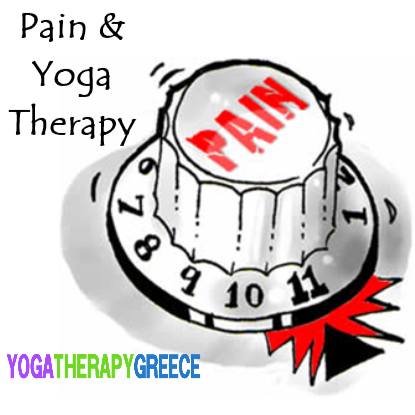Attention, Conscious Awareness and Consciousness

This essay is an opportunity to share the definitions of some terms we use in our daily life, in yoga, in yoga therapy trainings and in giving yoga therapy without really knowing what they mean.
Attention
Attention is considered a selective mechanism of information and core of cognitive functions through which stimuli become conscious aware. This necessary selective mechanism allows and regulates the flow of information from all sensations such as visual, auditory, smell, as well as from memories, preventing the overload of a limited capacity nervous system.
Attention has many properties and can take many forms. It can be sustained or transient, exogenous/ bottom-up from sensations or memories, top-down/ endogenous showing a choice for allocation, stimulus-driven, goal-directed, object-based, feature-based.
Conscious Awareness & Consciousness
Conscious awareness most of the times means visual perception of stimuli, and it is content/ phenomena related, but it can also mean a state of consciousness referring to wakefulness, sleep or coma, involving self-reflection and reporting of the experience.
So, consciousness is more than conscious awareness. Consciousness is defined as the inner, qualitative, subjective states and processes of awareness.
Is attention necessary for consciousness or conscious awareness?
Although attention seems to be necessary for conscious awareness of contents, it is neither always sufficient nor always necessary as in the case of habitual activities, meditation, before and after falling asleep, near-death experiences, coma, waking up from anaesthesia and sensory deprivation. People that are repeatedly engaged in the same task or activity, they may not pay attention, but they are conscious aware of what they are doing. Also, experienced meditators self-report no attention to sensory, motor affective or mental content, no intention, no time representation, no spatial reference, no arousal but conscious awareness.
In yoga philosophy through meditation, we have access to citta, to consciousness. Consciousness is ‘It is all that is perceived and all that can be perceived’. We perceive consciousness without attention but as a result of focusing and being absorbed by meditation, as psychology and neuroscience strongly indicates.









